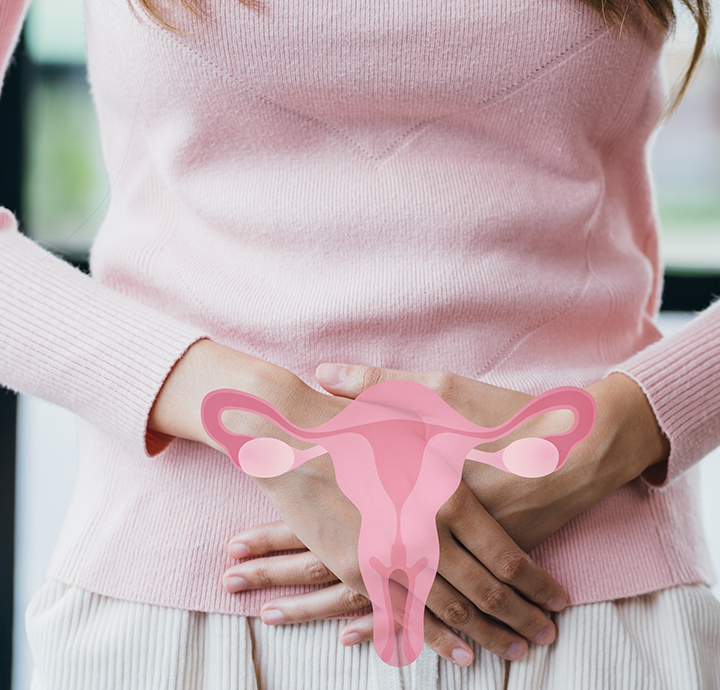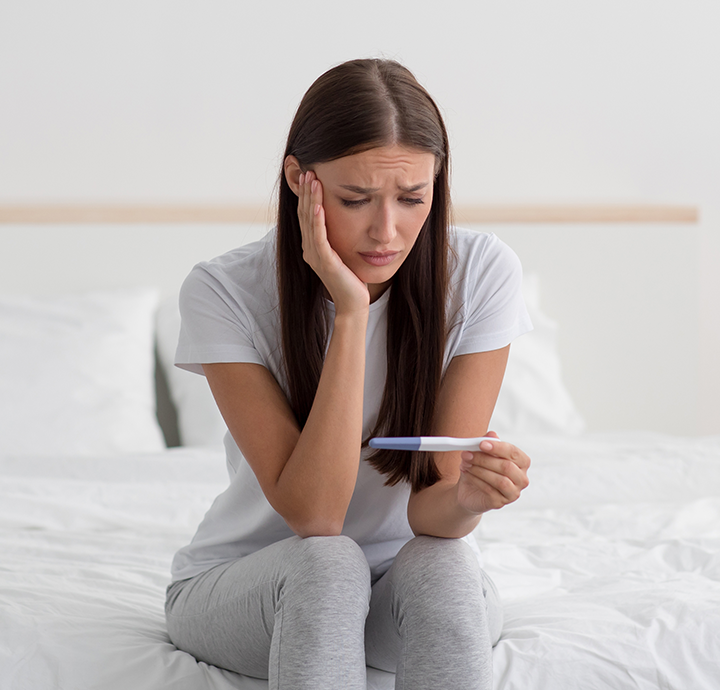
One of the most prominent factors causing infertility is age. Particularly with increasing age, the dynamics of how couples conceive and have children can change.
Some genetic syndromes, such as achondroplasia, neurofibromatosis, Marfan syndrome, and osteogenesis imperfecta, can increase the impact on infertility history. In addition, age is a factor that should not be overlooked in men. Especially after the age of 40, the quality and quantity of sperm in men can decrease, which can have a negative impact on a couple's chances of pregnancy.
The age of the woman is another important determinant of infertility. Especially older women can face certain difficulties if they are among the couples who want to have a baby. With today's medical advances, it is possible to conceive at the age of 40 and beyond. However, in the past, it was known to be a difficult situation, especially after the age of 35.
In vitro fertilization (IVF) treatments can be used by all couples who want to have a child but are unable to do so and who meet certain conditions. However, the age factor is a parameter that affects the success rate of these treatments. After 35 years of age, the number of eggs and ovarian reserve of women may decrease, which has an effect on the chance of pregnancy.
Reproductive health is the cornerstone of a happy and healthy family. However, certain conditions and factors can prevent people from having the children they want. The items listed below are the most common of these:
Advanced age has a significant impact on infertility. Especially in women, advancing age can negatively affect the quality and number of eggs. In men, sperm quality may also decrease with age. Today, approximately 20 out of every 100 couples have this problem.
Among women, the age factor has a decisive influence on the pregnancy process. As people age, their reproductive capacity and chances of conception may naturally decrease. For this reason, it is very important for couples who want to have children to evaluate all factors, act at the right time and, if necessary, turn to alternative solutions.
A woman's ovarian reserve tends to decrease over time. The number of innate eggs decreases over time, which naturally affects the chances of conception. Especially after the age of 35, a more pronounced decline in ovarian reserve can be seen. Aging affects not only the number of eggs but also their quality. Older eggs may have an increased risk of genetic abnormalities, which can lead to miscarriage and hereditary problems.
On the other hand, advanced age can lead to irregular ovulation. Irregular ovulation can reduce the chances of conception or make pregnancy more difficult. The risk of complications in pregnancy also increases during this period. Especially after the age of 40, this possibility increases even more.
Although infertility is often associated with women as a reproductive health issue, this is a common misconception. Recent studies have shown that the age of the father-to-be also has a significant impact on reproductive ability. In men, age is an issue that needs to be taken into account in terms of the fertility capacity and health of couples.
A man's advancing age can negatively affect the quality and quantity of sperm. In older men, sperm count naturally decreases and morphological problems may occur. This can reduce fertilization capacity and the likelihood of conceiving a partner. On the other hand, old age in men can also increase the risk of genetic anomalies in the child. Older fathers-to-be are considered more at risk of passing these problems on to the next generation.
Age in men is also an important determinant for alternative fertility treatments. Especially in assisted reproductive techniques such as in vitro fertilization (IVF), the sperm quality and fertilization ability of older men are generally lower compared to younger couples. Today, many people prefer to become fathers at a more mature age. However, it is important to consider reproductive health when making this choice. Men who are considering becoming fathers at an older age should be more aware of this and take the necessary steps in consultation with health professionals.
IVF treatment is a promising option for couples with sexual health problems. It can be considered as a great chance, especially for people who want to have children at an advanced age. However, the probability of success varies depending on some factors. Women who plan IVF treatment at a late age may have the opportunity to freeze their eggs for future use. This method allows the eggs obtained at a younger age to be used during the treatment, thus increasing the chances of success.
When planning IVF treatment in a certain age group, it is very important that both women and men pay attention to their health status. A healthy body will increase the likelihood of success in treatment. Factors such as regular exercise, a healthy diet, and avoiding stress play a role in the preparation process. In addition, it is often recommended by experts to quit smoking and alcohol consumption.
IVF treatment can be an emotionally challenging process. Couples who plan this at an advanced age can manage this process in a healthier way by receiving psychological support. It is essential for partners who have this idea to consult a reproductive health specialist first. Doctors will comprehensively evaluate their health conditions and recommend the most appropriate treatment plan. Op. Dr. Nurettin Türktekin, who performs the best infertility treatment in Turkey, welcomes people who want to have children but face problems to his clinic. Please contact us for detailed information about the procedures.



Ovarian cysts are fluid-filled sacs or vesicles seen inside the ovary. Normally, during each menstrual period, a cyst called a follicle, which carries the egg cell and can reach 3 cm in size, forms in the ovaries. Then this cyst cracks and the egg is released. In young girls with ovulation problems, normal or physiological follicle cysts that cannot rupture can grow every month and reach 5-10 cm, while small numbers of 0.5-1 cm in size, which we call polycystic ovaries, can be seen in series. Apart from these functional cysts, benign or malignant ovarian cysts can also be seen in all age groups.
Except for the most common functional ovarian cysts, cysts can be benign or malignant tumoral cysts. In addition, as a result of infection, abscess-shaped cysts may occur, which is usually accompanied by pain and high fever.
Pregnancy at an older age can be challenging, so seeking psychological support can provide emotional support.
Because after the age of 35, the chances of pregnancy decrease due to a decline in egg reserve and quality.
The use of frozen eggs in IVF treatment at older ages and determining the most appropriate treatment approach for couples can increase success.